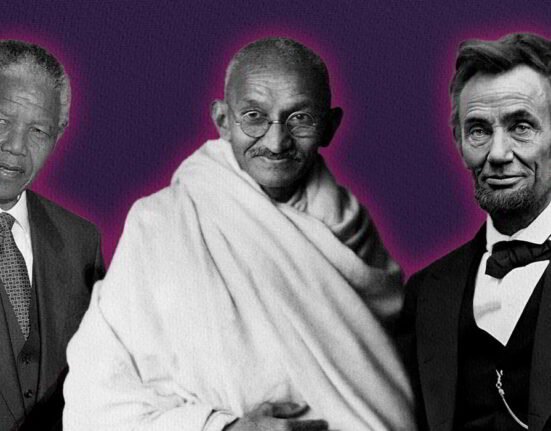The art of facing new circumstances without any hesitation, not being afraid to express one’s opinion and finding oneself to be proudly represented in a crowd, such are the characteristics of a confident person. Confidence is that intangible quality that propels individuals to take on challenges, face uncertainties, and navigate the complexities of life with poise. It is a behavioural pattern or a concept that influences how an individual feels, understands emotions and acts. When we look into the psychology behind confidence, we are looking at where various factors contribute to the development and expression of this trait.
Read More: The Psychology Behind Power
What is Confidence?
Confidence is like feeling sure about yourself and your own abilities. Sometimes confident people appear to have a sense of superiority, but it’s that’s not the accurate perception of confidence. It’s not about feeling a sense of superiority, but rather having an inner assurity that you’re right about the things presented in front of you. It can be defined into three specific types. In all these types, one thing is common — you have trust in your ability and in what you are doing. The types are as follows —
- Task-Specific: The assurity and confidence in the ability to person and do certain tasks. For example, Being sure that you will be able to fix a leaky tap.
- General: The assurity and confidence in self. General confidence means that you trust yourself in performing a myriad of tasks and skills.
- Situational Confidence: This type of confidence discusses the assurity that occurs in varying contexts. Some people might be confident in their public speaking skills, some in their writing.
There is also something that is known as the five C’s of confidence. These are communication, clarity, connection, community and courage (carpentersmith.com, 2018). To conclude, it is the state of being clear-headed and having little doubt about oneself.
Read More: What does it mean to have healthy self-esteem
Self Efficacy
Albert Bandura introduced the concept of self-efficacy. Confidence is said to be linked to the concept of self-efficacy. It is called the core of confidence. Self-efficacy is said to be having a strong positive belief about your capacity and ability. It’s the assurance of making you that the desired outcome is achieved. It serves as the foundation upon which confidence is built, shaping one’s perception of their competence and capacity to overcome challenges.
Imposter Syndrome
Imposter syndrome (IS) is described as self-doubt of intellectual skills and accomplishments that occur among people with high achievements, or high achievers. (Huecker, et. al., 2021). Understanding imposter syndrome and knowing how to overcome it can be a key step in nurturing confidence. Since imposter syndrome might appear to look like one lacking confidence, this feeling is also persistent and severe. When you overcome negative self-talk, lack of trust in your abilities and have a strong internal locus of control, you can also overcome imposter syndrome. This will in turn also help you gain confidence in your abilities and in the skills you possess.
Mindset
Carol Dweck is a psychologist and researcher who in the book ‘Mindset – The New Psychology of Success’ introduced the concept of a fixed mindset and a growth mindset. To understand how mindset is related to confidence, we need to first understand what it is. A fixed mindset keeps us safe. This means that a person with a fixed mindset believes that he can do certain tasks while he doesn’t excel at certain other tasks. All abilities and skills are innate. A person with a fixed mindset will believe that they can never achieve success in certain things. Your abilities are static.
Read More: The Psychology of Self-Perception
On the other hand, the growth mindset holds quite a contrary definition. People with a growth mindset believe that their abilities are not fixed and static. That is, it is not innate. It is experiences, past successes and failures, achievements and opportunities that allow us to improve our skills and abilities. It is the growth mindset that has an impact on confidence. A growth mindset helps an individual to take part in novel experiences and even try new things. It also helps us to overcome fears that come from facing potential failure. The confidence we gain to face novel things through a growth mindset ends up creating opportunities one never thought were possible. In retrospect, confidence also helps in nurturing a growth mindset and vice versa.
Summing Up
The psychology of confidence is a multifaceted journey, influenced by self-beliefs, experiences, social dynamics, cognitive processes, and mindset. Understanding these elements provides a roadmap for individuals seeking to enhance their confidence. By cultivating a positive self-image, learning from experiences, and embracing a growth mindset, individuals can unravel the threads of believing in self and empowerment.













Leave feedback about this